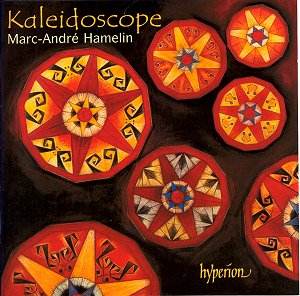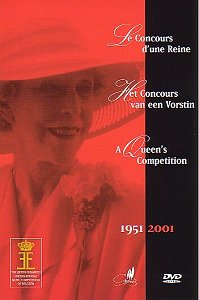 Composer: Fire
Composer: Fire
Works: Carmen Fantasy, Méditation, Tzigane, Romance in F minor, Romance in F major, Air from Suite No.3, Zigeunerweisen
Performers: Sarah Chang (violin), Berlin Philharmonic Orchestra, Plácido Domingo (conductor)
Recording: Recorded at the Philharmonie, Berlin, June 2001
Label: EMI
The title of this album, “Fire and Ice,” aptly suggests the duality of passion and restraint that one encounters in the selected repertoire. The works, primarily drawn from the Romantic and late-Romantic eras, feature a mix of operatic fantasies and concert pieces that demand both technical prowess and interpretative depth. Sarah Chang, a violinist known for her formidable technique and expressive playing, interprets these works with a distinct flair, though the results are decidedly mixed.
The opening track, Sarasate’s “Carmen Fantasy,” sets the stage for both the strengths and weaknesses of the recording. Chang’s initial tone, unfortunately, lacks the clarity and richness one would expect from such a celebrated violinist. The vibrato appears overly exaggerated, at times distracting from the melodic line. This is particularly evident in the more lyrical passages, where one longs for a more refined touch to convey the seductive nuances of Bizet’s themes. The subsequent “Médaition” from Massenet’s Thaïs suffers from a similar malady, with an overly saccharine interpretation that feels more like an exercise in sentimentality than a heartfelt expression.
Turning to Ravel’s “Tzigane,” we witness a transformation in Chang’s performance. Here, her technical bravura shines through, delivering the fiery intensity that Ravel demands. The fast passages are executed with dazzling precision, and the rhythmic vitality breathes new life into the work, capturing its inherent passion. Nevertheless, one might still prefer the interpretation of Renaud Capuçon alongside Daniel Harding, whose rendition possesses a more organic connection between the emotional highs and lows.
The inclusion of Dvořák’s “Romance in F minor” and Beethoven’s “Romance in F major” offers a glimpse into Chang’s more elegant side. Both pieces are handled with stylistic grace, though they lack the emotional gravitas that these works often require. Dvořák’s lyrical lines float effortlessly, yet there is a sense of decorum that curtails the emotional stakes. Beethoven, too, is treated with a similar restraint, resulting in a performance that, while technically sound, does not delve deeply into the underlying sentiments.
The arrangement of Bach’s “Air” is a curious addition, presenting a rather simplistic view of the master’s work as it is presented on the G string. This choice seems to dilute the inherent beauty of Bach’s lines, reducing them to a level that feels almost superficial. The final offering, Sarasate’s “Zigeunerweisen,” returns to the realm of technical display, where Chang’s flamboyance is more appropriate, though it does not transcend the work’s inherent pyrotechnics.
The Berlin Philharmonic, under Plácido Domingo’s direction, plays with a sense of duty that feels less than inspired. They provide competent support, but one senses a lack of engagement, particularly in the more challenging passages. Domingo’s conducting is serviceable, though perhaps he should have remained in the realm of singing, where his talents truly lie.
Sound quality is respectable, typical of EMI’s high standards, yet it does not elevate the performance beyond its shortcomings. The engineering captures the nuances of both the solo violin and orchestra, but the overall blend lacks the depth and richness that would enhance the listening experience.
“Fire and Ice” presents a collection that showcases Sarah Chang’s undeniable technical ability but falters in its interpretive depth and emotional resonance. While each work has its moments of brilliance, the overall impression is marred by uneven execution and a lack of cohesive vision. The album may appeal to those who admire Chang’s artistry, but it fails to offer a compelling case for the repertoire that would resonate with discerning listeners seeking a deeper connection to these masterworks.



